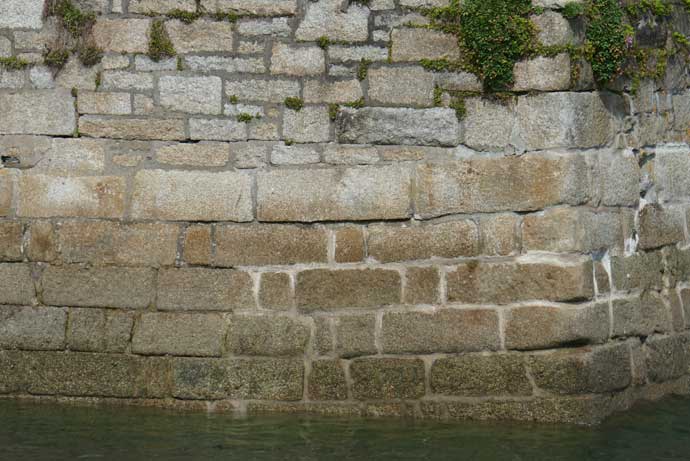I wondered – just wondered – whether there’s a connection here. We – the wise crowds, given that this is a democracy among democracies – collectively don’t want to get the builders in; don’t accept the argument that knocking twenty minutes off a rail journey will transform the economy*; don’t want the neighbourhood blighted (sic) by another low-rise hutch built cost-efficiently to the letter of the building regulations; don’t want Clinton, the EU, free trade, all the sensible arguments that put a pressure-cooker lid on emotional truth.
Globalisation, the assorted benefits of free trade, liberal democracy, getting on with the neighbours, apple pie, parenthood, and wasn’t there something about old maids cycling through the twilight to cricket practice, or have I got that wrong? John Major, anyway. And - no. As H L Mencken said, and I find myself thinking about him often: “For every complex problem there is an answer that is clear, simple and wrong.” All those globally liberal solutions make perfect sense, but somehow, they don’t persuade.
And that failure to persuade is the reality that we rarely examine. We keep a hold on the clearer, simpler answer, for fear of finding – what? How many worlds do we have in English for “unexpected”? Unpredictable? Unintended?
The Wisdom of Crowds is a book by James Surowiecki first published in 2004.
Extraordinary Popular Delusions and the Madness of Crowds is a book by Charles Mackay first published in 1841.
How times change.
*Assuming, ha ha, that the trains run reliably. Have the people who draw up these plans ever travelled by rail in the UK?
Nothing made sense for my old colleague, until somebody in the office suggested that her shiny new machine was a cross between a typewriter and a filing cabinet. And that was what she needed. A foothold. Not a comprehensive introduction to the digital revolution, but a starting point. Because that’s how analogue logic worked: the job of publishing a magazine (like a lot else) consisted of a series of tasks, each one different from the rest, and what mattered was (1) being competent at each, and (2) understanding how they fitted together.
This Apple thing baffled us at first because – where did it fit? Did we type our stories on it? Were we supposed to print them out, or – oh, so we could actually store them on it as well? But in that case, what did we put into the bags that were collected at 11am every morning by the typesetter/printer’s van? What do you mean, you can attach things to emails? The printer has an email address as well? And it’s connected to mine?
I remember Pritt Sticks and Tipp-Ex and big paper layout sheets onto which we would cut and paste galley proofs, and I remember something about who would mark corrections in which colour. Publishing was a craft activity. I remember leafing through actual photographs at picture libraries: I remember signing off actual final proofs at the printer. I have beside me (having just gone and found it) my old copy of Hart’s Rules for Compositors and Readers (Oxford University Press, 38th edition, 1978), which is interesting and often useful (although no longer essential, I suppose).
We worked differently back then, and I suspect we thought differently too. Time was different: a page layout would be sent off, and a few days later a page proof would come back – for us to mark corrections and send it off again. I welcomed all the digital efficiencies as they arrived, although it still strikes me sometimes that there was more of a purpose to not having (I think that’s acceptable, Mr Hart?) a paperless office back then.
Are we changed? I imagine so. We sit in front of screens. Our hands remain clean. I like the world we’ve built for ourselves, in this brief window (no pun intended) before the AI takes over and we all turn into blobs like the ship’s captain in Wall-E. But I do miss the skills I used to need to have – and the patience (‘remove disc 8 from the drive and insert disc 9 to continue loading your new program’) – and even the physical quality of work. In today’s terms, even the walk down from the 4th floor to the front desk, to collect the 11am delivery, would have “health benefits”.
There were conversations to join, between the people at reception and the delivery people. I don’t want any of that back, and certainly not if the price is losing the weird privilege of having lived through the advent of (modern) technology. But sometimes, I look back, and I think: has it all changed so much now, that it doesn’t stay the same?
Maybe I should buy myself a colouring book.

